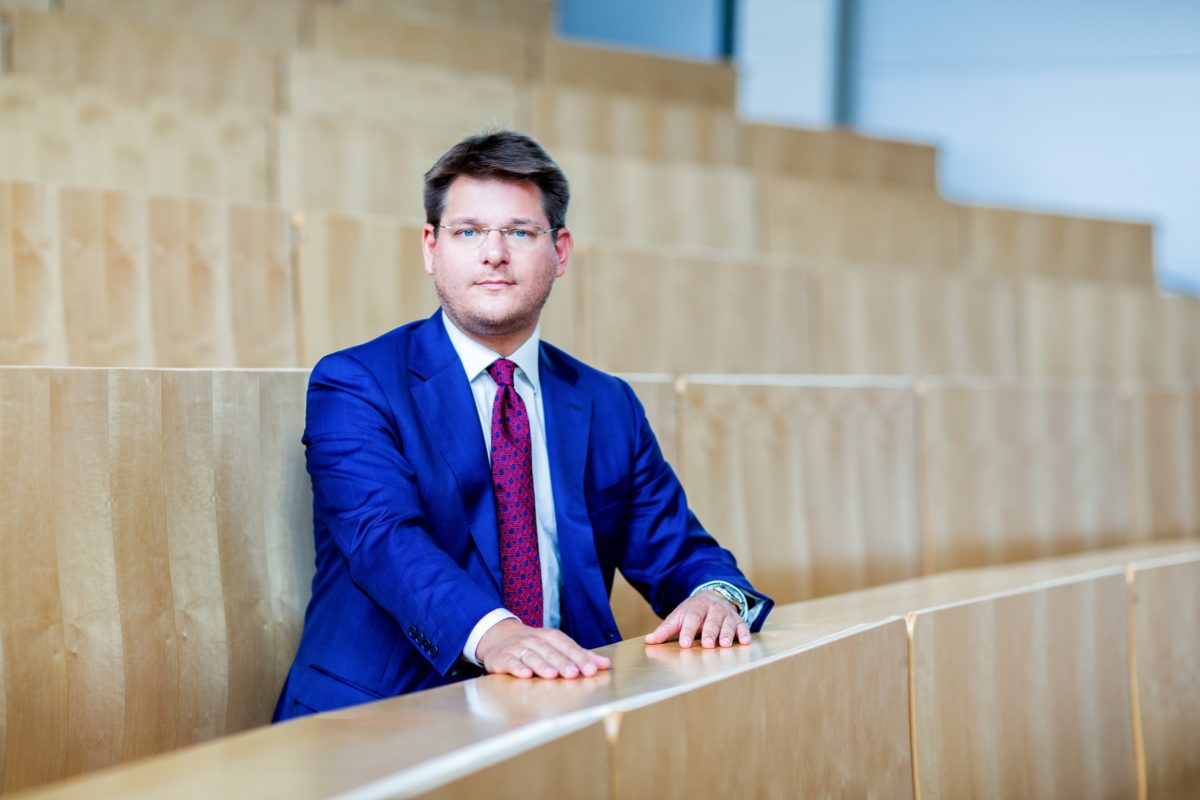When the virus restricted our range of motion in 2020, none of us had an inkling of what else the decade holds in store. 2022 was the year in which Russia attacked Ukraine. Our model of a peaceful, secure Europe (too easily taken for granted) has undergone and continues to endure a massive threat scenario. People scatter to seek refuge, the fabric of the economy is shaken, currency is depreciating, energy is scarce and expensive. But that is not all: Across vast swathes of Europe, the summer of 2022 made tangible what science has been warning of for many years. Climate change is not a notional model of the future, but reality, in the form of arid lands and flooded cities.
It has always been a characteristic of universities that they react to new circumstances with great agility. While centuries-old flagships take longer to chart a new course, it is we, the young, in particular who are boldly setting new sails. The joint activities organised by YERUN in 2022 demonstrated this: Even in constricted times, the focus remained on new beginnings, openness and mobility. Education for sustainable development, open science, innovative concepts for an equally green and digital future, and a commitment to wealth through diversity are some of the catchwords used to counter the constrained conditions of the present day. At the University of Klagenfurt we launched “Robotics and Artificial Intelligence”, a new, pioneering degree programme that attracts students from all over the world to Klagenfurt. The Digital Age Research Centre (D!ARC), devoted to humans’ interdisciplinary challenges in the digital age, is developing into a beacon that is visible from afar. Sustainability issues have become mainstream: Today, our researchers working on developing new methods for video streaming focus on reducing CO2 emissions; when new drone technologies are used to assist in the cleaning of ship hulls, they do this in order to save fuel. If we trust in the continuity of the history of science, we can be reassured that – despite setbacks – there is no going back. In many places, paths have become more arduous, winding and narrow for those who dare to use their minds, but the formidable work of researchers at Europe’s young universities shows: We remain agile, we progress, even in constricted times! This will take not just technological novelties, but also changes in our mindsets, behavioural changes, and a farewell to old habits. But we will prevail.
Incidentally, agility also serves admirably as a recipe for getting through the Christmas holidays in good health and good cheer. Have a wonderful time and enter a better and brighter 2023 full of vigour and courage!
Oliver Vitouch, Rector of the University of Klagenfurt










